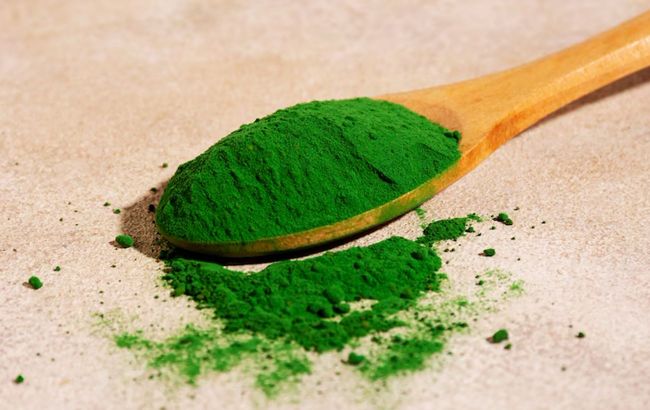Popular green supplement increases harmful bacterial infection risk
 Why spirulina is harmful (photo: Freepik)
Why spirulina is harmful (photo: Freepik)
Spirulina is a popular algae often used as a dietary supplement. Ukrainian dietitian Tetyana Lakusta says that while spirulina is considered beneficial for health, it also carries potential health risks if consumed improperly.
What is spirulina
Spirulina is a blue-green algae that contains 60% protein by total weight, as well as various vitamins and minerals. It is a great source of polyunsaturated fats, antioxidants, and beta-carotene.
It is a popular superfood due to its beneficial properties: it contains a high level of protein, vitamins (especially B12), minerals, antioxidants, and essential amino acids.
Thanks to its nutritional properties, spirulina is often used as a food supplement or in powdered form, added to smoothies, juices, or dishes.
It has gained popularity among vegetarians and vegans. However, as with any supplements, it is important to use it with caution.
As a supplement, it is promoted for its antioxidant, anti-inflammatory, immune-stimulating potential, and cholesterol-lowering effects.
But people often consume this supplement without necessity or based on advice from friends. As a result, it can cause more harm to the body than good.
Side effects of spirulina
Possible contamination with toxins and cysts
It is important to know that spirulina is collected in the wild, which means there is a risk of contamination with heavy metals, bacteria, or microcystins.
The dietitian noted that supplements contaminated with microcystins have been found in Italy, North America, and China.
Possible worsening of autoimmune disease
Since spirulina affects the immune system, it may influence autoimmune diseases such as lupus, multiple sclerosis, and rheumatoid arthritis.
Spirulina impacts the immune system by affecting natural killer (NK) cells, which attack perceived threats at the cellular level. There is no exact data on the relationship between Hashimoto’s thyroiditis and spirulina, but it may worsen hypothyroidism when treated with thyroxine.
May slow blood clotting
This algae has an anticoagulant effect, meaning it can thin the blood and increase the time needed for clotting (a tendency toward bleeding).
For those taking anticoagulants or suffering from clotting disorders, spirulina can be dangerous and may cause new bruises and bleeding.
To avoid side effects, it is worth buying brands certified by reputable organizations: U.S. Pharmacopeia (USP), ConsumerLab, and NSF International.
This material is for informational purposes only and should not be used for medical diagnosis or self-treatment. Our goal is to provide readers with accurate information about symptoms, causes, and methods of detecting diseases. RBС-Ukraine is not responsible for any diagnoses that readers may make based on materials from the resource. We do not recommend self-treatment and advise consulting a doctor in case of any health concerns.

